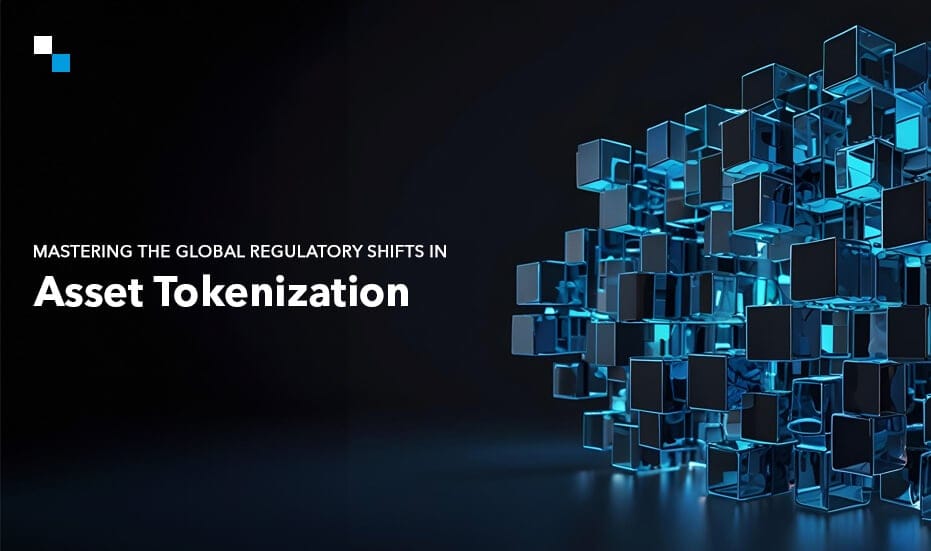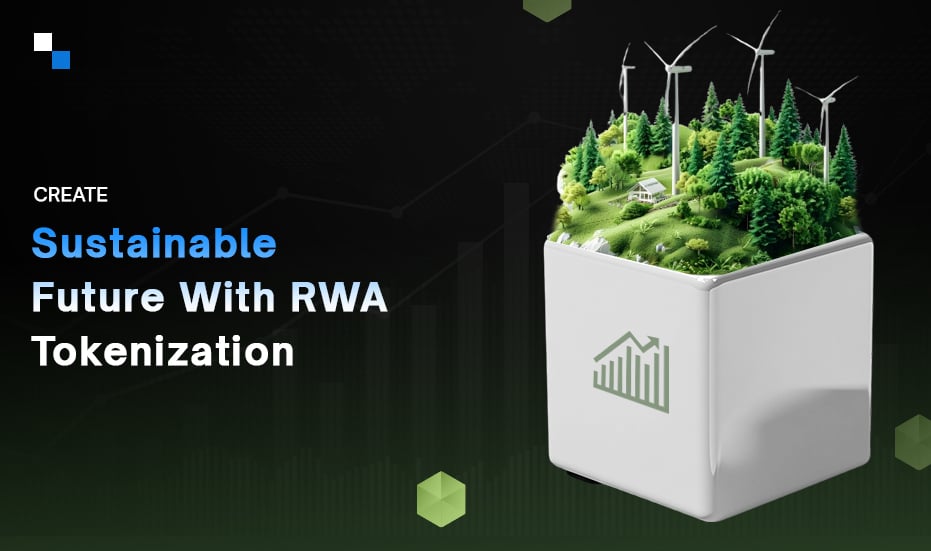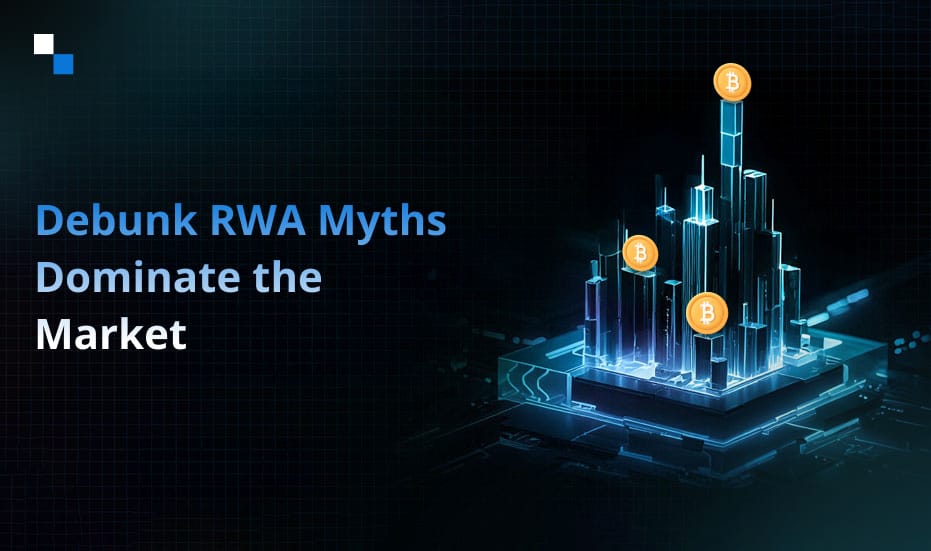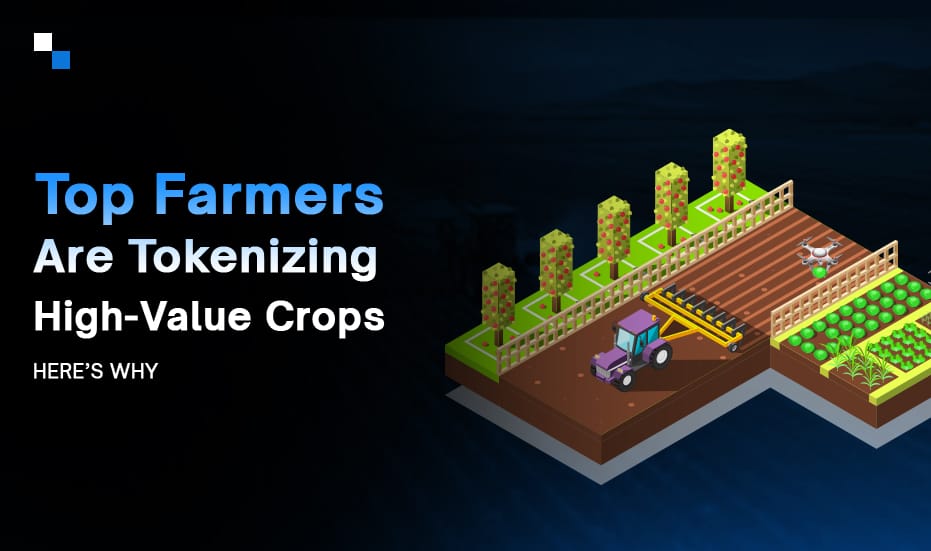
What’s Hot in Web3 Game Development Right Now?
September 4, 2024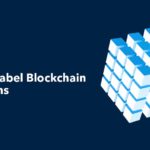
Custom vs White Label Blockchain Solutions: Which is Ideal for Your Business?
September 4, 2024Asset tokenization is revolutionizing the financial landscape by transforming physical and digital assets into blockchain-based tokens. However, navigating the regulatory environment is crucial for compliance and successful implementation. This blog explores the opportunities in asset tokenization, regulatory standards for RWAs across various regions, including the USA, UK, Europe, Switzerland, Sweden, Singapore, Thailand, and the Middle East, various roadblocks, and how Antier can help you. Let’s dive in!
What’s The Opportunity in Tokenization
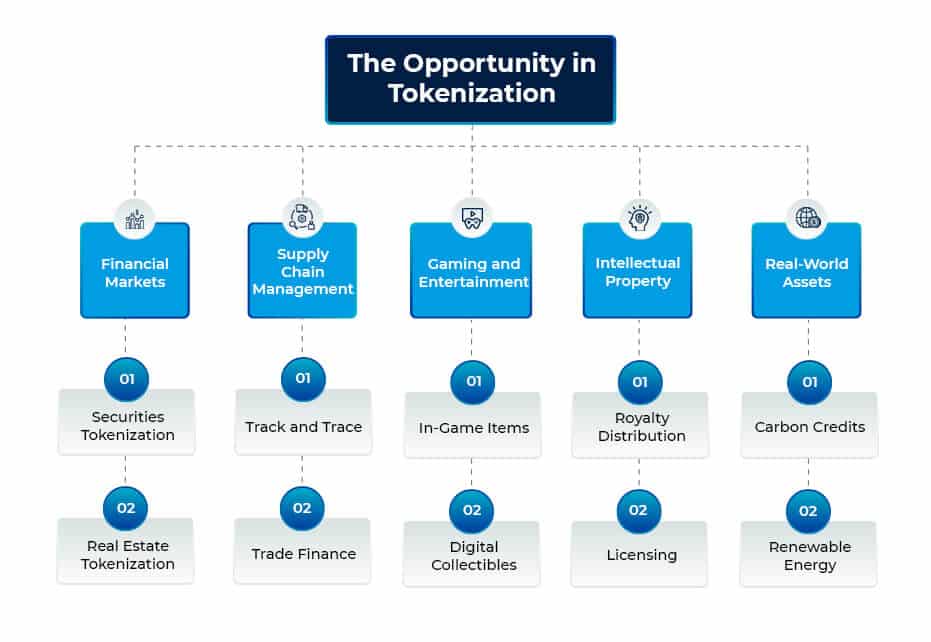
Tokenization, the process of representing assets as digital tokens on a blockchain, offers a vast array of opportunities across various industries. Here are some of the key areas where digital asset tokenization is making a significant impact:
Financial Markets
- Securities Tokenization: Shares, bonds, and other securities can be tokenized, enabling fractional ownership, enhanced liquidity, and reduced settlement times.
- Real Estate Tokenization: Properties can be divided into tokens, allowing for more efficient ownership transfer, crowdfunding, and fractional investment.
- Commodity Tokenization: Commodities like gold, oil, and agricultural products can be tokenized, offering greater transparency, liquidity, and accessibility.
Supply Chain Management
- Track and Trace: Tokenization can provide real-time visibility into the movement of goods, reducing fraud, counterfeit products, and supply chain inefficiencies.
- Trade Finance: Smart contracts can automate and streamline trade finance processes, reducing paperwork and improving efficiency.
Gaming and Entertainment
- In-Game Items: Virtual items in games can be tokenized, allowing players to trade, sell, or rent them.
- Digital Collectibles: Art, music, and other digital assets can be tokenized, creating unique digital collectibles.
Intellectual Property
- Royalty Distribution: Tokenization can automate royalty payments and ensure fair distribution among rights holders.
- Licensing: Licenses for intellectual property can be tokenized, facilitating efficient licensing agreements and royalty tracking.
Real-World Assets
- Carbon Credits: Carbon emissions credits can be tokenized, allowing for more efficient trading and tracking.
- Renewable Energy: Renewable energy projects can be tokenized, enabling decentralized energy ownership and trading.
Key Benefits of Tokenization
Major benefits of asset tokenization include:
- Increased Liquidity: Tokenization can improve liquidity by allowing for fractional ownership and easier trading.
- Enhanced Efficiency: Smart contracts can automate processes, reducing paperwork and improving efficiency.
- Reduced Transaction Costs: Tokenization can lower transaction costs compared to traditional methods.
- Improved Transparency: Blockchain technology provides transparency and traceability, reducing fraud and increasing trust.
- Greater Accessibility: Tokenization can make assets more accessible to a wider range of investors.
Regulatory Landscape for Asset Tokenization
Now, let’s explore RWA Legal Frameworks in major countries:
United States
In the USA, asset tokenization falls under the jurisdiction of various regulatory bodies:
- Securities and Exchange Commission (SEC): Tokens representing securities are subject to SEC regulations. The Howey Test determines if a token is a security based on its investment nature.
- Commodity Futures Trading Commission (CFTC): The CFTC oversees tokens classified as commodities.
- Financial Crimes Enforcement Network (FinCEN): Regulates anti-money laundering (AML) and know-your-customer (KYC) requirements for token exchanges.
United Kingdom
The UK’s Financial Conduct Authority (FCA) regulates asset tokenization, with a focus on ensuring market integrity and consumer protection. Tokenization Compliance is important in the UK.
- FCA Regulations: Asset-backed tokens that fall under the category of securities must comply with the FCA’s rules.
- Cryptoassets Taskforce: Provides guidance on the regulatory approach towards crypto assets, including tokenization.
European Union
The EU is working towards a unified regulatory approach with the introduction of the Markets in Crypto-Assets (MiCA) framework:
- MiCA Regulation: Sets out rules for crypto assets, including tokenized assets, ensuring transparency, and protecting investors.
- General Data Protection Regulation (GDPR): Impacts how data is managed and protected within tokenization platforms.
Switzerland
Switzerland offers RWA Compliance Guidelines, overseen by:
- Swiss Financial Market Supervisory Authority (FINMA): Provides clear guidelines on token classification (payment tokens, utility tokens, and asset tokens) and their respective regulatory requirements.
- Swiss Code of Obligations: Governs the legal aspects of tokenized assets and smart contracts.
Sweden
Sweden, part of the EU, adheres to the MiCA framework while also considering local regulations:
- Swedish Financial Supervisory Authority (Finansinspektionen): Regulates the issuance and trading of tokenized assets, ensuring compliance with both national and EU laws.
Singapore
Singapore is a leading hub for digital asset innovation with clear regulatory guidelines:
- Monetary Authority of Singapore (MAS): Oversees the regulatory framework for digital tokens under the Payment Services Act and Securities and Futures Act.
- Token Classification: MAS classifies tokens based on their function, impacting regulatory requirements.
Thailand
Thailand has a comprehensive Asset Tokenization Rules and framework:
- Securities and Exchange Commission (SEC): Regulates the issuance and trading of digital tokens, including security tokens.
- Bank of Thailand (BoT): Provides guidelines on the use of tokens for payment purposes.
Middle East
Regulations in the Middle East vary by country but generally focus on ensuring financial stability and compliance:
- United Arab Emirates (UAE): The Dubai Financial Services Authority (DFSA) and the Abu Dhabi Global Market (ADGM) offer frameworks for digital assets and tokenization.
- Saudi Arabia: The Saudi Arabian Monetary Authority (SAMA) and Capital Market Authority (CMA) provide guidelines for crypto-assets and tokenized securities.
France
France has established a clear regulatory framework for asset tokenization:
- Autorité des Marchés Financiers (AMF): Regulates the issuance of tokenized assets and provides guidelines on initial coin offerings (ICOs) and security tokens.
- Pacte Law: Introduces a legal framework for digital assets, including provisions for tokenization and crypto assets.
Malaysia
Malaysia is developing its regulatory approach to accommodate digital assets and tokenization:
- Securities Commission Malaysia (SC): Oversees the regulation of digital tokens and token offerings. The SC has issued guidelines on digital assets, focusing on investor protection and market integrity.
- Bank Negara Malaysia (BNM): Regulates the use of cryptocurrencies and tokenized assets for payment purposes.
Hong Kong
Hong Kong is a major financial hub with specific regulations for digital assets:
- Securities and Futures Commission (SFC): Regulates security tokens and provides guidelines for virtual asset trading platforms. The SFC has established a licensing regime for crypto exchanges and token issuers.
- Anti-Money Laundering Ordinance: Enforces AML and KYC requirements for digital asset activities.
Challenges in Asset tokenization: How Does Antier help?
While asset tokenization offers numerous opportunities, it also faces several challenges. Here are some common obstacles and how Antier can assist in overcoming them:
Regulatory Uncertainty
- Complex Regulations: The regulatory landscape for tokenization can be complex and varies across jurisdictions.
- Lack of Clear Guidelines: In many cases, there’s a lack of clear guidelines and regulations, creating uncertainty for businesses and investors.
Scalability and Performance
- Blockchain Limitations: Some blockchain platforms may have limitations in terms of scalability and transaction speed, which can hinder the adoption of tokenized assets.
Security and Trust
- Cybersecurity Risks: Tokenized assets are vulnerable to cybersecurity threats like hacking and fraud.
- Investor Confidence: Building trust and confidence among investors is essential for the success of tokenization projects.
Interoperability
- Fragmentation: The tokenization ecosystem is fragmented, with different platforms and standards.
- Challenges in Integration: Integrating different tokenized assets and platforms can be challenging.
Investor Education
- Lack of Understanding: Many investors may lack a deep understanding of tokenization and its benefits.
- Risk Perception: Investors may perceive tokenization as risky due to its novelty and potential volatility.

Antier: Your Trusted Partner in Asset Tokenization and Regulatory Compliance
When navigating the complexities of global asset tokenization regulations, partnering with a knowledgeable and experienced firm is crucial. Antier stands out as a premier choice, offering unparalleled expertise and tailored solutions to meet your asset tokenization needs. Here’s why Antier should be your go-to partner:
- Comprehensive Regulatory Expertise: With an in-house legal team well-versed in the intricate regulatory landscapes of various jurisdictions, Antier ensures that your tokenization projects are compliant with local and international laws. Our team stays ahead of regulatory changes, providing you with up-to-date and actionable insights.
- End-to-End Tokenization Solutions: From initial strategy and token design to deployment and ongoing management, Antier offers a full suite of services. Our holistic approach ensures that every aspect of your asset tokenization is handled with precision and care.
- Tailored Consultation and Strategic Guidance: We understand that each project is unique. Antier provides personalized consultation to align your tokenization strategy with regulatory requirements and market opportunities, helping you make informed decisions and achieve your business goals.
- Seamless Legal and Technical Integration: Antier integrates legal compliance into the technical framework of your tokenization project, ensuring a smooth and compliant implementation. Our dual expertise in legal and technical domains guarantees that all regulatory aspects are covered efficiently. We have an in-house legal team that takes care of the nitty gritty of tokenization.
- Regulatory Sandbox Support: If you are considering participating in a regulatory sandbox, Antier can provide guidance on the application process, requirements, and expectations. We can help you navigate the sandbox environment and ensure that your project complies with the sandbox’s rules and regulations.
- Regulatory Mapping and Analysis: Antier can conduct a detailed analysis of the regulatory landscape in different jurisdictions, helping you identify the most favorable locations for your tokenization project. We can also provide insights into the potential risks and challenges associated with operating in different regions.
- Proven Track Record and Industry Leadership: As a leader in the asset tokenization space, Antier has a proven track record of successful projects and satisfied clients. Our reputation for excellence and innovation makes us a trusted partner in navigating the evolving landscape of asset tokenization.
Tokenize Your Future
The global regulatory landscape for asset tokenization is a rapidly evolving environment. Navigating regulatory standards for RWAs requires a deep understanding of local laws and regulations, as well as the ability to adapt to changing regulatory frameworks.
Antier, as a leading asset tokenization development company, offers comprehensive services to help businesses navigate these challenges and successfully launch their asset tokenization projects. By leveraging Antier’s expertise in regulatory compliance, platform development, and security, you can ensure that your tokenization initiative is compliant, secure, and positioned for long-term success.
